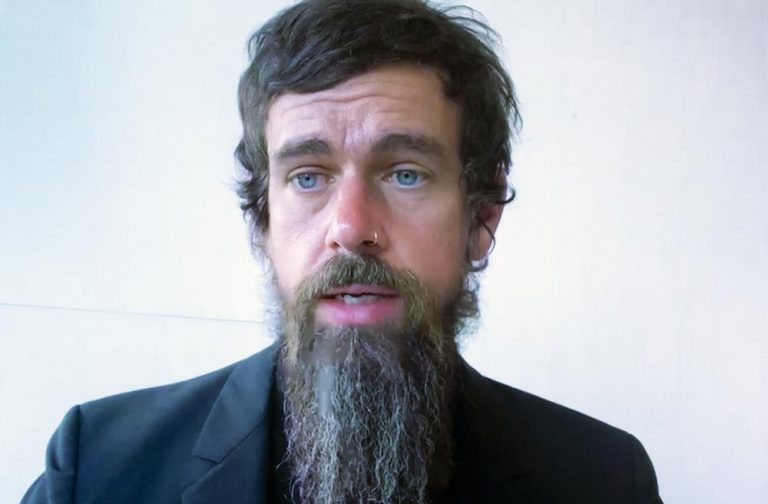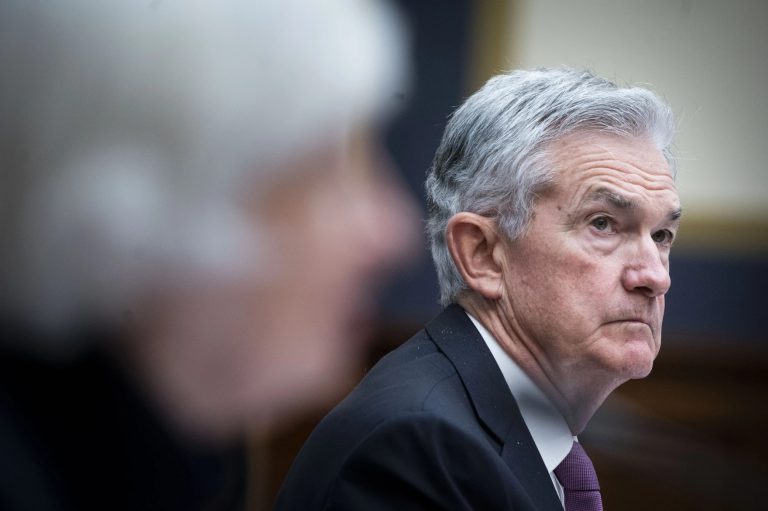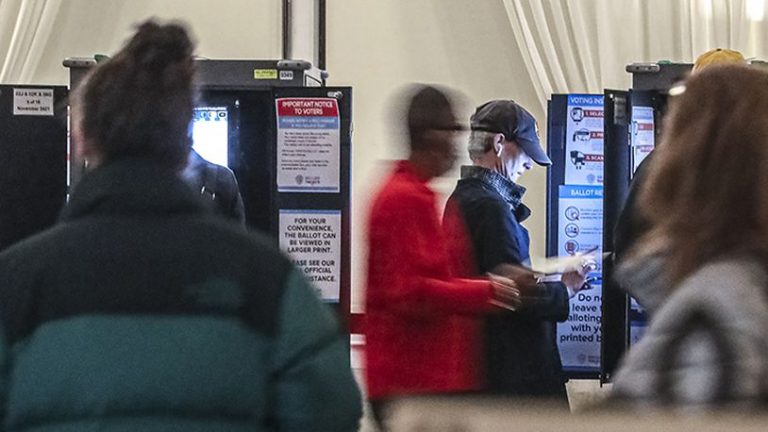In a world is already unnerved by the more contagious delta variant that filled hospitals again in many places, even in some highly vaccinated nations, the latest developments underscored the need for the whole globe to get their hands on vaccines.
“We have vaccination rates in the United States, in Europe of 50, 60, 70 %, depending on exactly who you’re counting. And in Africa, it’s more like 14, 15 % or less,” Blinken said.
“We know, we know, we know that none of us will be fully safe until everyone is.”
According to AP, new findings about the coronavirus’s omicron variant made it clear Tuesday that the emerging threat slipped into countries well before their defenses were up, as two distant nations announced their first cases and a third reported its presence before South African officials sounded the alarm.
The Netherlands’ RIVM health institute found omicron in samples dating from Nov. 19 and 23. The World Health Organization said South Africa first reported the variant to the U.N. health agency on Nov. 24. Meanwhile, Japan and France reported their first cases of the new variant that has forced the world once again to pinball between hopes of returning to normal and fears that the worst is yet to come.
It remains unclear where or when the variant first emerged or how contagious it might be — but that hasn’t stopped wary nations from rushing to impose travel restrictions, especially on visitors coming from southern Africa. Those moves have been criticized by South Africa and the WHO has urged against them, noting their limited effect.
The latest news though made it increasingly clear that travel bans would struggle to stop the spread of the variant. German authorities said they had an omicron infection in a man who had neither been abroad nor had contact with anyone who was.
The WHO warned Monday that the global risk from omicron is “very high” and that early evidence suggests it may be more contagious. Others sent more reassuring messages, like European Medicines Agency chief Emer Cooke, who insisted that the 27-nation European Union was well prepared for the variant. While it is not known how effective current vaccines are against omicron, Cooke said the shots could be adapted within three or four months if need be.
But nearly two years after the virus first held the world in its grip, the current response echoed in many ways the chaos of the early days, including haphazard travel bans and a poor understanding of who was at risk and where.
Many officials tried to calm fears, insisting vaccines remain the best defense and that the world must redouble its efforts to get the shots to every part of the globe.
The latest variant makes those efforts even more important, U.S. Secretary of State Antony Blinken said, noting as many have before that “as long as the virus is replicating somewhere, it could be mutating.”
In the face of the new variant, some introduced new measures aimed at mitigating the spread.










